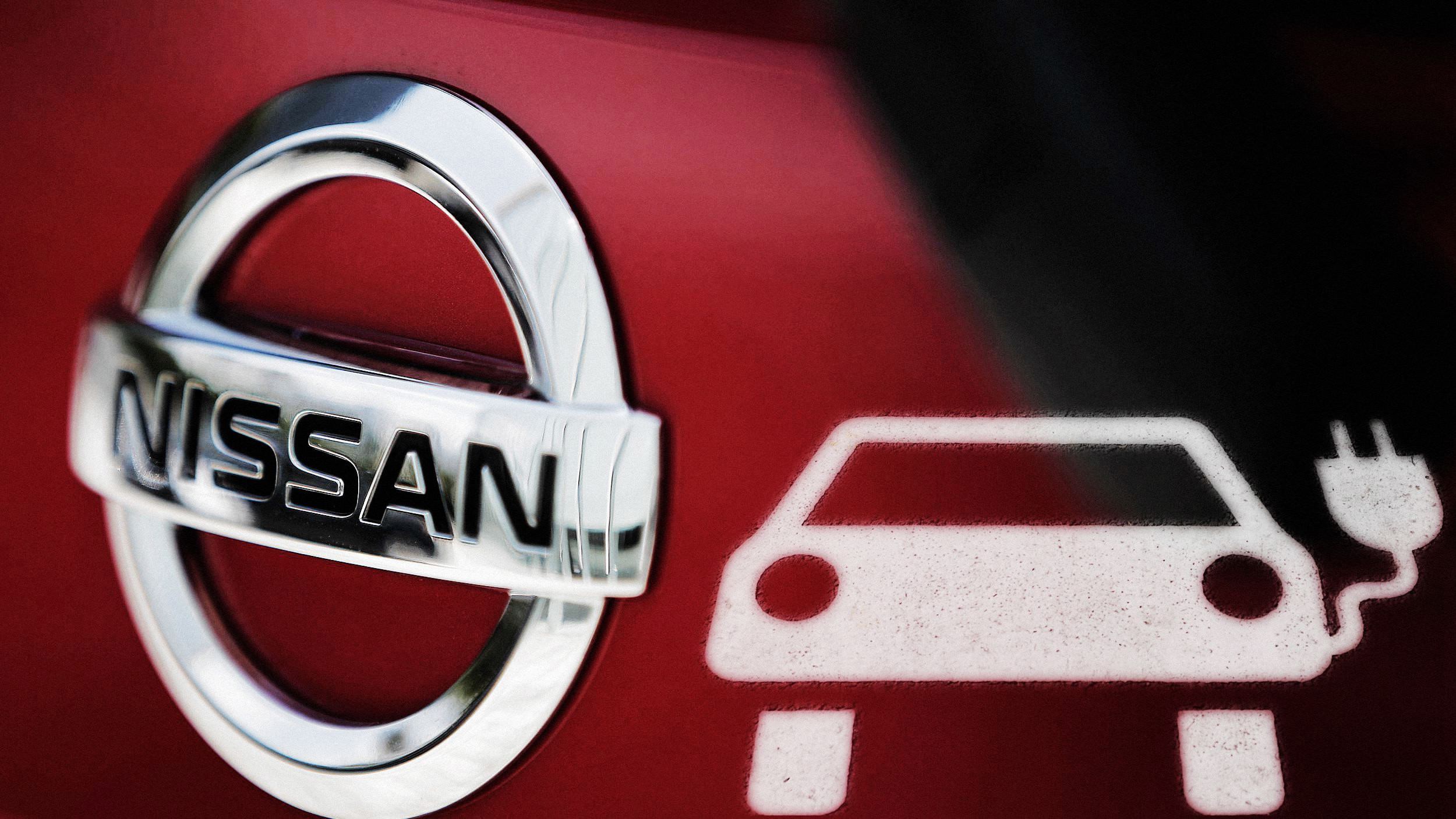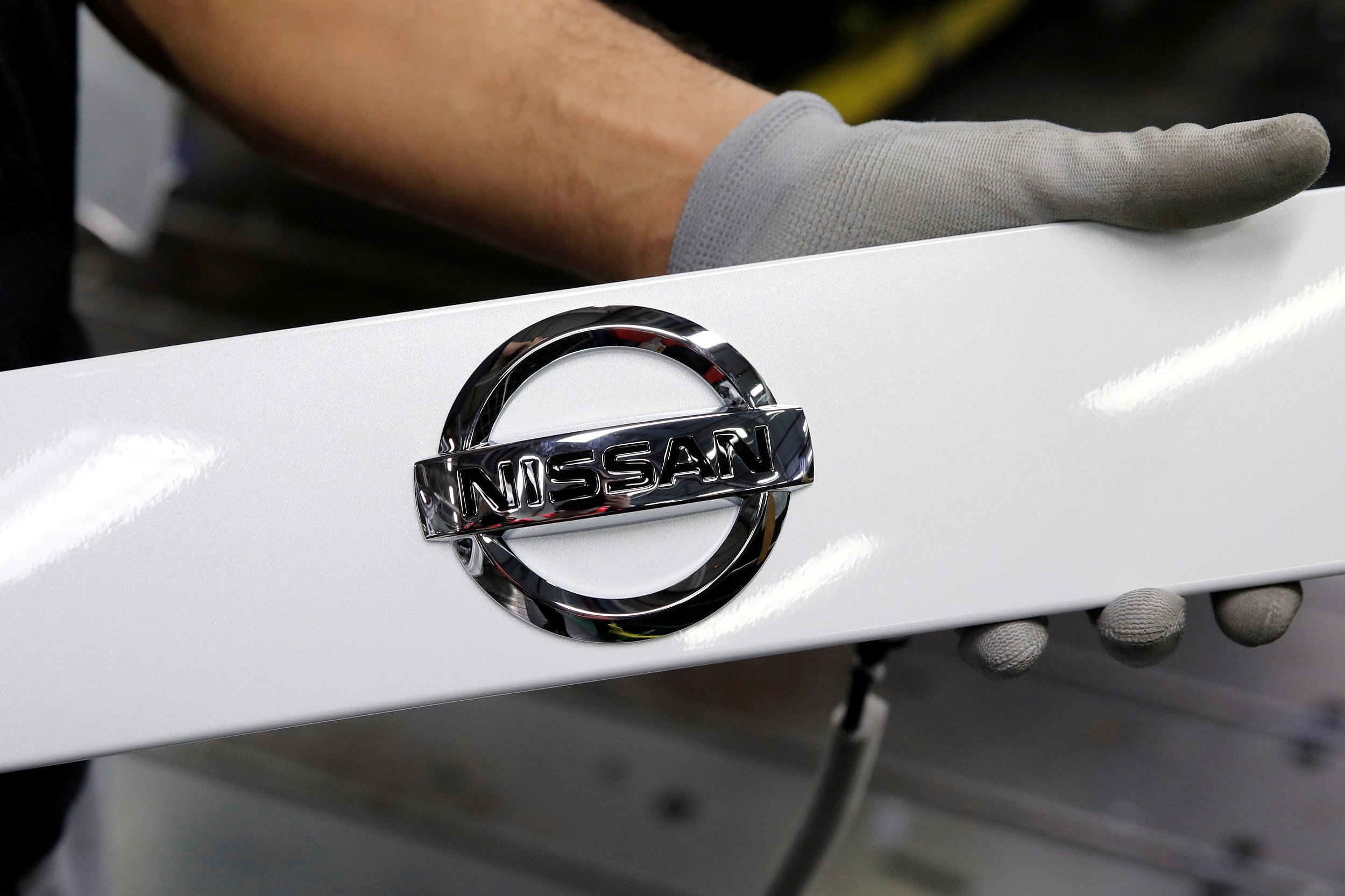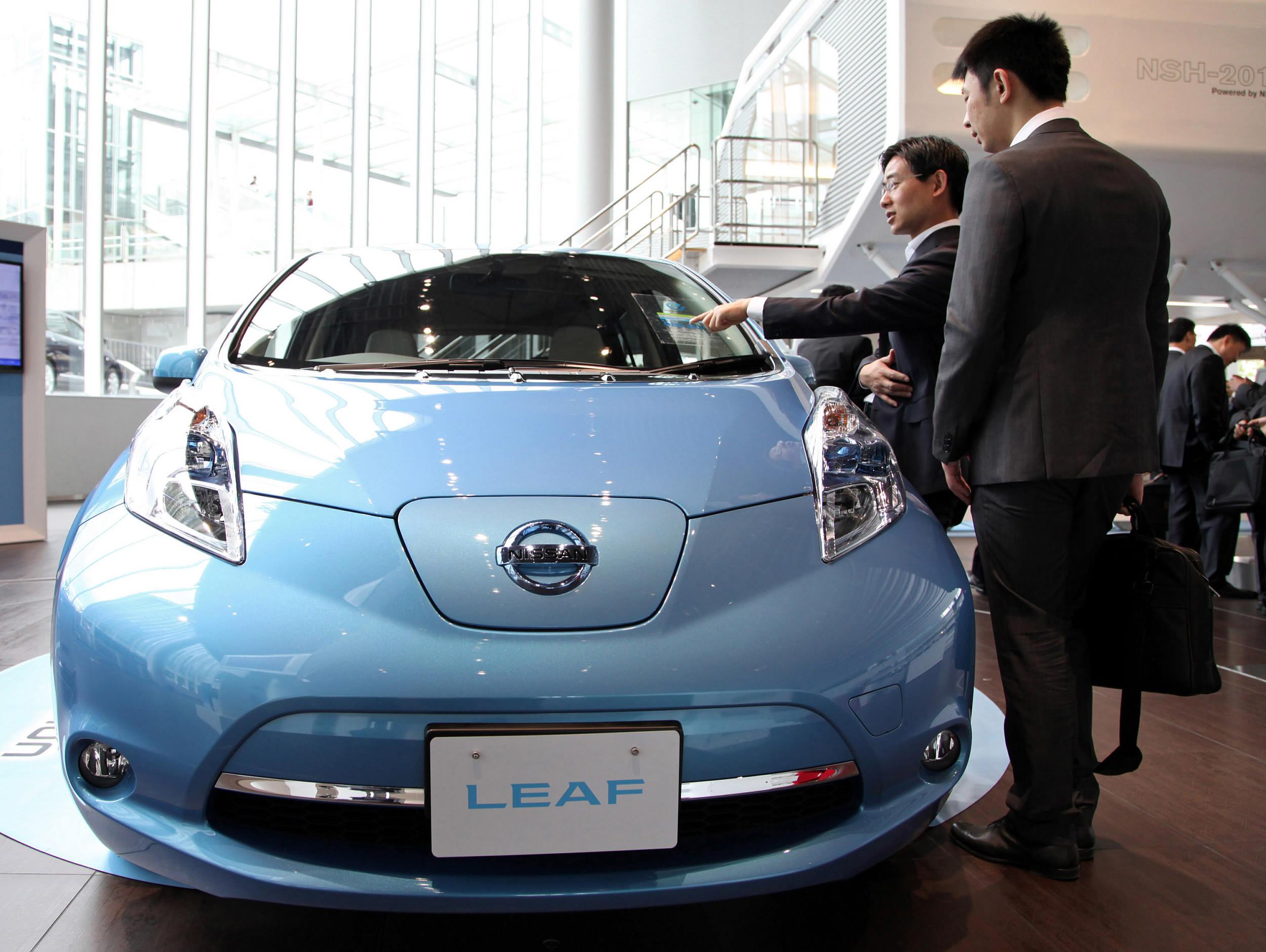
Business
16:29, 05-Feb-2018
Nissan to invest 60 billion yuan in Chinese EV market
Nicholas Moore

Japanese car manufacturer Nissan announced Monday it will invest almost 10 billion US dollars in its China operations over the next five years, as it looks to become the country’s go-to brand for electric vehicles (EV).
Speaking to journalists in Beijing, Jun Seki, head of Nissan’s China business, said “our EV offensive starts in 2018.”
Seki, who met the press alongside representatives from Dongfeng Group, Nissan's Chinese partner, pointed to pressure from a rising domestic market as a push factor for the company's investment plans. “The growth in local competition has been much faster than we expected. Now we have come around to changing our local strategy.”

VCG Photo
VCG Photo
The 60 billion yuan (9.53 billion US dollars) investment plan will aim to sell 2.6 million vehicles by 2022 – a 70 percent increase from 2017. Together with Dongfeng, Nissan will develop and release 40 new models between then and now, half of which will be electric vehicles.
Nissan, makers of the Leaf – the world’s best-selling electric vehicle – have focused their investment on the EV market at a time when China and other major car markets are announcing new policies supporting the industry.
In 2016, China represented 45 percent of the global EV market with 507,000 vehicles sold, thanks to massive investment in infrastructure and subsidies.
Authorities last year were reportedly looking at banning petrol and diesel cars at some point in the future, following similar moves in France and the UK to stop sales of emitting vehicles by 2040.

300,000 Nissan Leaf vehicles have been sold worldwide. /VCG Photo
300,000 Nissan Leaf vehicles have been sold worldwide. /VCG Photo
Nissan will look to take advantage of China’s EV revolution by rapidly boosting its presence in the market. Nissan is already the third biggest car manufacturer in China after Volkswagen and General Motors, selling 1.52 million vehicles with Dongfeng in 2017 – a 12 percent increase on the previous year.
Several other major car manufacturers are investing heavily in the Chinese car market, after seeing rising sales. Sales of Honda vehicles jumped 15.5 percent in 2017, with Nissan’s Japanese rival also working with Dongfeng to develop a new factory in Wuhan – its third production plant in the country.
South Korean manufacturer Hyundai has seen its sales slump in recent years, but announced plans in October to regain its position as one of China’s most popular car brands, including the launch of a big data research center in southwestern Guizhou Province.

SITEMAP
Copyright © 2018 CGTN. Beijing ICP prepared NO.16065310-3
Copyright © 2018 CGTN. Beijing ICP prepared NO.16065310-3